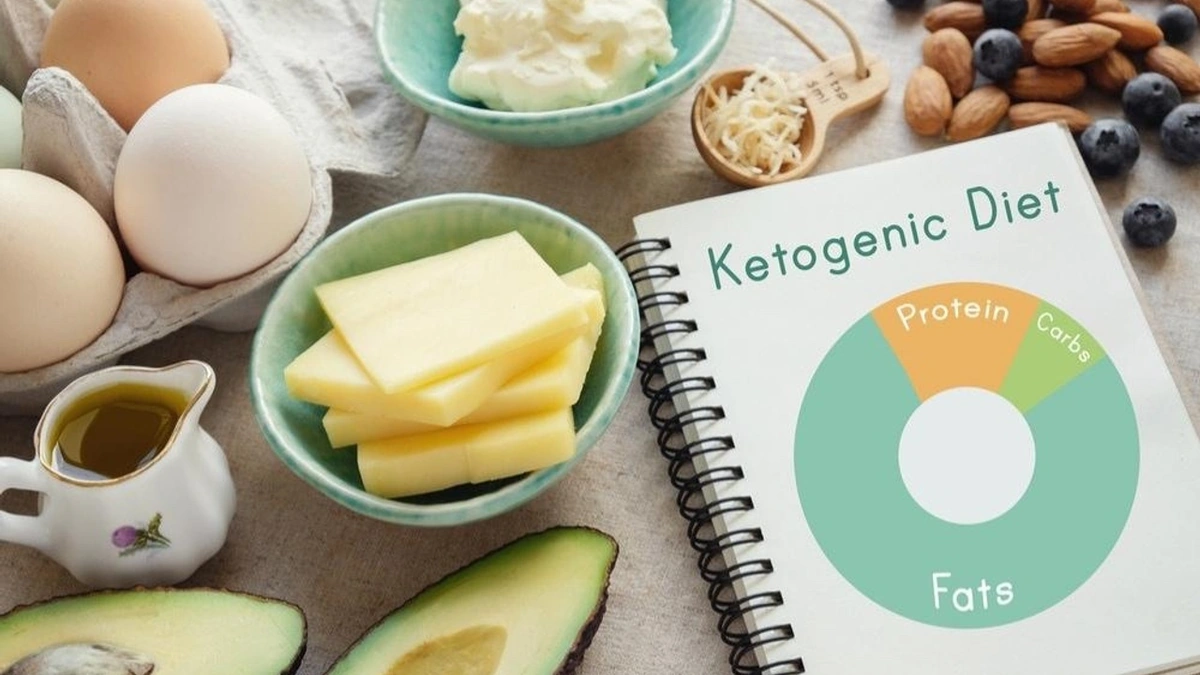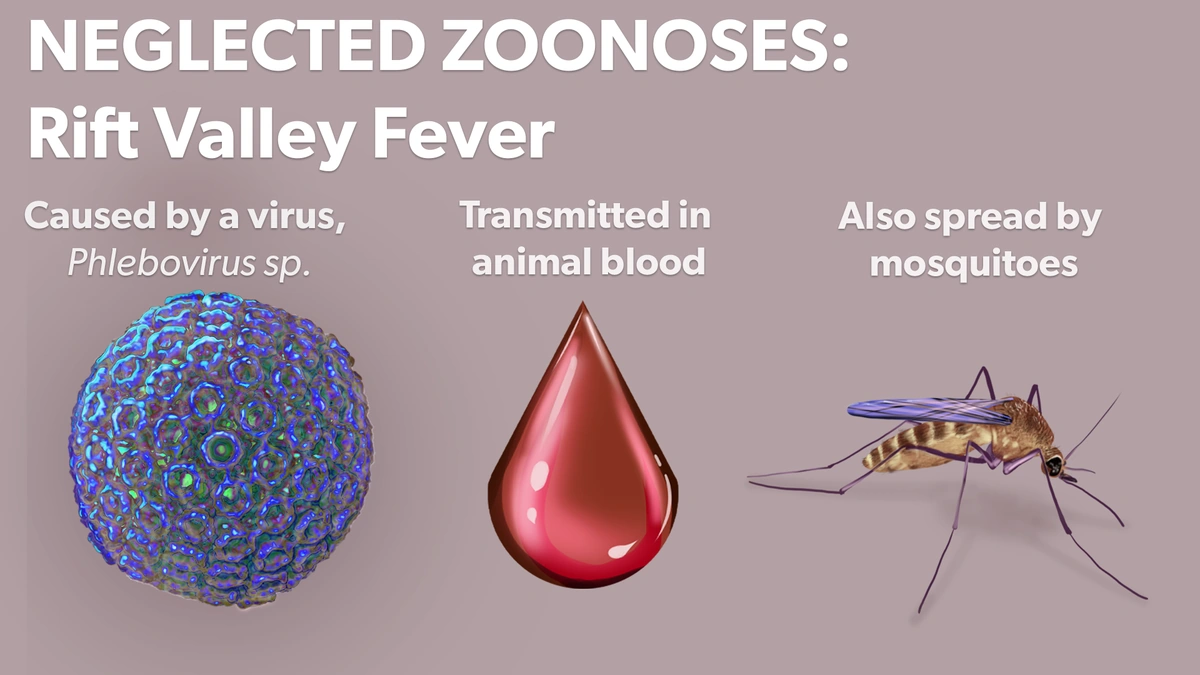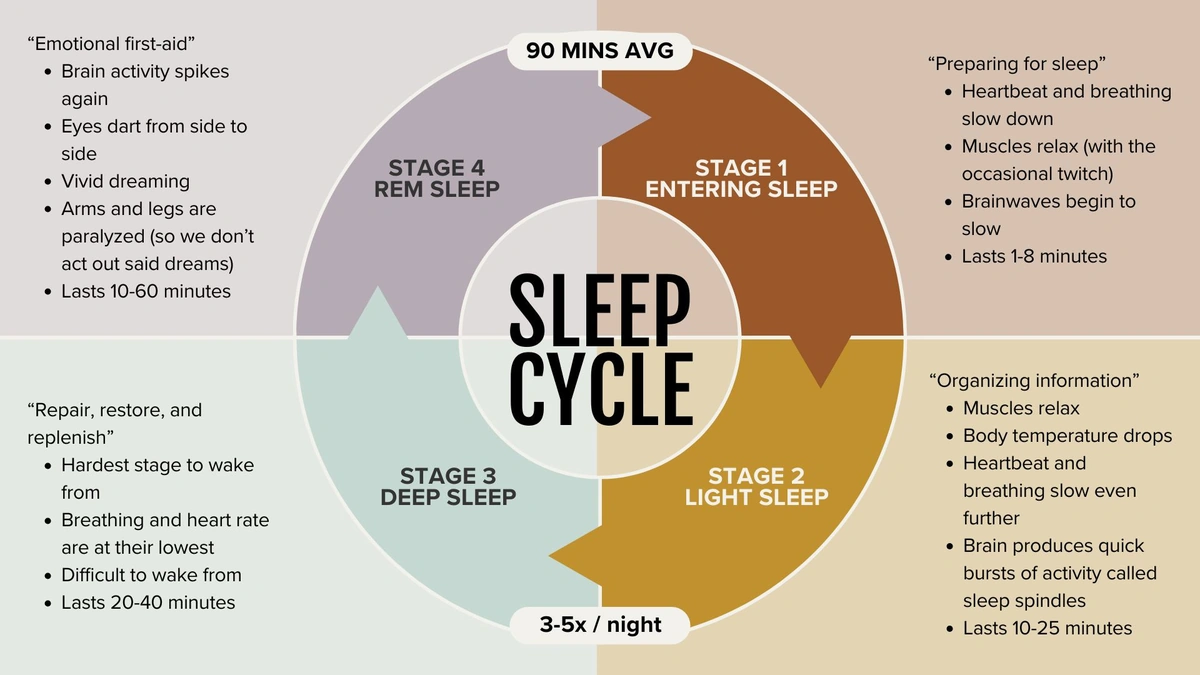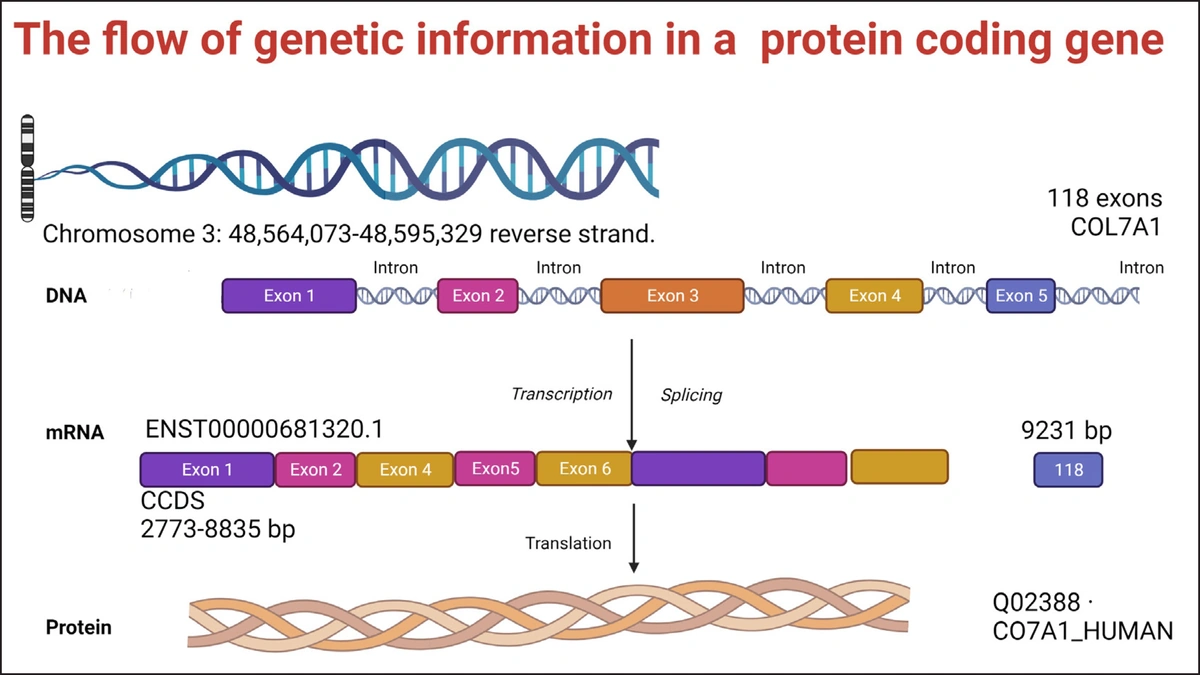Keto Diet | Potential to Slow Cognitive Decline in Individuals at High Risk of Alzheimer’s
Imagine this: you’re sipping your morning coffee, scrolling through the news, and you stumble upon yet another headline about the keto diet. You’ve heard it all before – weight loss, increased energy, maybe even better skin. But then, something catches your eye: “Keto Diet: Potential to Slow Cognitive Decline in Individuals at High Risk of Alzheimer’s.”
Now, if you’re anything like me, that headline sparks a whole new level of curiosity. It’s not just about fitting into those old jeans anymore; it’s about protecting your mind, the very essence of who you are. But here’s the thing – headlines are just that, headlines. They rarely delve into the “why” behind the science, the real-world implications, and most importantly, what it all means for you and your loved ones. That’s where we come in.
The “Why” Behind the Buzz | Understanding the Science of Keto and Alzheimer’s
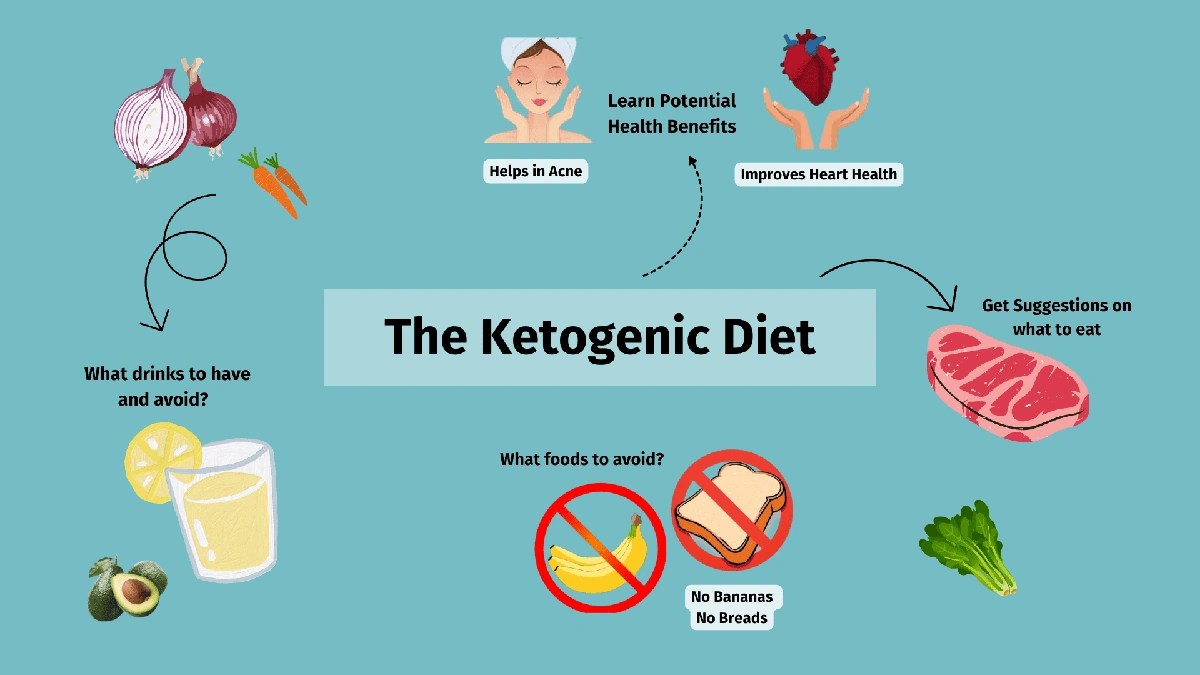
So, let’s break it down. The ketogenic diet, or keto for short, is a high-fat, very low-carbohydrate diet that forces the body to switch its primary fuel source from glucose (sugar) to ketones (fat). When you drastically reduce your carb intake – think less than 50 grams a day – your body enters a metabolic state called ketosis. This is where things get interesting.
Alzheimer’s disease, on the other hand, is a devastating neurodegenerative disorder characterized by a gradual decline in cognitive function. One of the key features of Alzheimer’s is impaired glucose metabolism in the brain. In other words, the brain struggles to effectively use glucose as fuel. What fascinates me is the potential link between this impaired glucose metabolism and the benefits of the keto diet. If the brain can’t use glucose properly, could ketones provide an alternative and more efficient fuel source? That’s the million-dollar question.
Research suggests that ketones may provide neuroprotective benefits, potentially reducing oxidative stress and inflammation in the brain – two major players in the development and progression of Alzheimer’s. But, and this is a big but, the research is still in its early stages. We’re not talking about a cure here, but rather the potential for the keto diet to play a role in slowing down the cognitive decline associated with Alzheimer’s, especially in individuals at high risk.
Implementing Keto | Not as Simple as Just Eating Bacon
Okay, so you’re intrigued. You see the potential. But before you dive headfirst into a plate of bacon and cheese, let’s get real. Implementing the keto diet isn’t as simple as just cutting out carbs. It requires careful planning, attention to detail, and, ideally, guidance from a healthcare professional. A common mistake I see people make is not understanding the importance of electrolytes on a keto diet.
First, you need to understand the macronutrient ratios. We’re talking about roughly 70-80% of your calories from fat, 20-25% from protein, and only 5-10% from carbs. This means saying goodbye to your beloved roti and chawal, at least in their usual quantities. Instead, you’ll be focusing on healthy fats like avocados, olive oil, and nuts; moderate amounts of protein like chicken, fish, and tofu; and non-starchy vegetables like spinach, broccoli, and cauliflower.
Second, be prepared for the “keto flu.” As your body transitions into ketosis, you might experience flu-like symptoms such as fatigue, headaches, and brain fog. This is temporary and usually subsides within a few days, but it’s important to stay hydrated and replenish your electrolytes. Think coconut water, bone broth, or electrolyte supplements. A balanced keto diet is key.
Third, and perhaps most importantly, consult with your doctor or a registered dietitian before starting the keto diet, especially if you have any underlying health conditions or are at high risk of Alzheimer’s. They can help you determine if keto is right for you and guide you on how to implement it safely and effectively.
The Emotional Angle | Hope and Empowerment in the Face of Uncertainty
Let’s be honest, the prospect of Alzheimer’s is terrifying. The thought of losing your memories, your identity, your connection to loved ones – it’s enough to send shivers down anyone’s spine. But here’s the thing: knowledge is power. And while there’s no guaranteed way to prevent Alzheimer’s, taking proactive steps to protect your cognitive health can bring a sense of hope and empowerment.
The potential for the keto diet to play a role in slowing cognitive decline offers a glimmer of hope in the face of uncertainty. It’s not a magic bullet, but it’s a tool that you can use, in conjunction with other healthy lifestyle choices, to take control of your cognitive destiny. This includes regular exercise, mental stimulation, social engagement, and a diet rich in antioxidants and anti-inflammatory foods.
I initially thought this was straightforward, but then I realized the emotional weight this topic carries. What fascinates me is the power of the human spirit to find hope and resilience in the face of adversity. By taking proactive steps to protect your cognitive health, you’re not just fighting against Alzheimer’s; you’re fighting for your future, your memories, and your connection to the world around you. More and more studies are emerging to understand the link between the ketogenic diet and neurodegenerative diseases.
Real-World Considerations | Can Keto Fit Into an Indian Diet?
Now, let’s address the elephant in the room: Can the keto diet realistically fit into an Indian dietary context? It’s a valid question, considering that the traditional Indian diet is often high in carbohydrates. But the answer is yes, with some modifications and careful planning.
Instead of relying on roti and chawal, you can explore keto-friendly alternatives like cauliflower rice, almond flour roti, and coconut flour idli. You can also incorporate plenty of Indian vegetables like paneer, spinach, and cauliflower into your meals. And let’s not forget the power of spices! Turmeric, ginger, and cumin not only add flavor but also boast potent anti-inflammatory properties that can benefit brain health.
The one thing you absolutely must double-check on is your micronutrient intake. A well-formulated keto diet, even within an Indian context, can be both delicious and nutritious. It’s all about creativity, adaptation, and a willingness to experiment with new recipes and ingredients. It’s about finding a sustainable way to nourish your body and your brain.
Beyond Keto | A Holistic Approach to Brain Health
While the keto diet shows promise, it’s important to remember that it’s just one piece of the puzzle. A holistic approach to brain health encompasses a variety of lifestyle factors, including:
- Regular exercise: Physical activity increases blood flow to the brain and promotes the growth of new brain cells.
- Mental stimulation: Engaging in activities that challenge your brain, such as puzzles, reading, and learning new skills, can help keep your mind sharp.
- Social engagement: Staying connected with friends and family can reduce stress and promote cognitive well-being.
- Stress management: Chronic stress can damage the brain, so it’s important to find healthy ways to manage stress, such as meditation, yoga, or spending time in nature.
Consider exploring other dietary changes that can protect against cognitive decline. This approach isn’t just about prolonging life, but improving the quality of life. The potential to use diet for brain health is just the beginning.
Here’s the thing: protecting your brain is a lifelong journey, not a destination. It requires a commitment to making healthy choices every day. But the rewards – a sharp mind, a vibrant memory, and a fulfilling life – are well worth the effort. Explore the options and seek the advice of a healthcare professional. You can learn more about neurological research atNational Institute of Neurological Disorders and Stroke .
So, the next time you see a headline about the keto diet, remember that it’s not just about weight loss. It’s about the potential to protect your brain, empower your future, and live a life filled with clarity, connection, and purpose.
And remember, while sources suggest specific benefits, the official confirmation is still evolving. It’s best to consult medical experts for personalized guidance.
FAQ
Is the keto diet safe for everyone?
No, the keto diet is not safe for everyone. It’s important to consult with your doctor before starting keto, especially if you have underlying health conditions like kidney disease, liver disease, or diabetes.
What are the potential side effects of the keto diet?
Potential side effects of the keto diet include the keto flu (fatigue, headache, brain fog), constipation, nutrient deficiencies, and increased risk of kidney stones.
How long does it take to see results from the keto diet for cognitive function?
The timeline for seeing results from the keto diet for cognitive function varies from person to person. Some people may experience improvements in cognitive function within a few weeks, while others may take several months.
Can the keto diet reverse Alzheimer’s disease?
No, the keto diet cannot reverse Alzheimer’s disease. However, it may have the potential to slow down cognitive decline in individuals at high risk of Alzheimer’s.
What are some keto-friendly Indian recipes?
Some keto-friendly Indian recipes include paneer tikka, cauliflower rice, almond flour roti, and coconut flour idli.MGR Universitymay have courses that can help with this kind of research.
Where can I learn more about infant diabetes ?
There are many trusted online resources to learn about infant diabetes. Consulting with your doctor and registered dietitian is also an excellent way to learn about infant diabetes.
